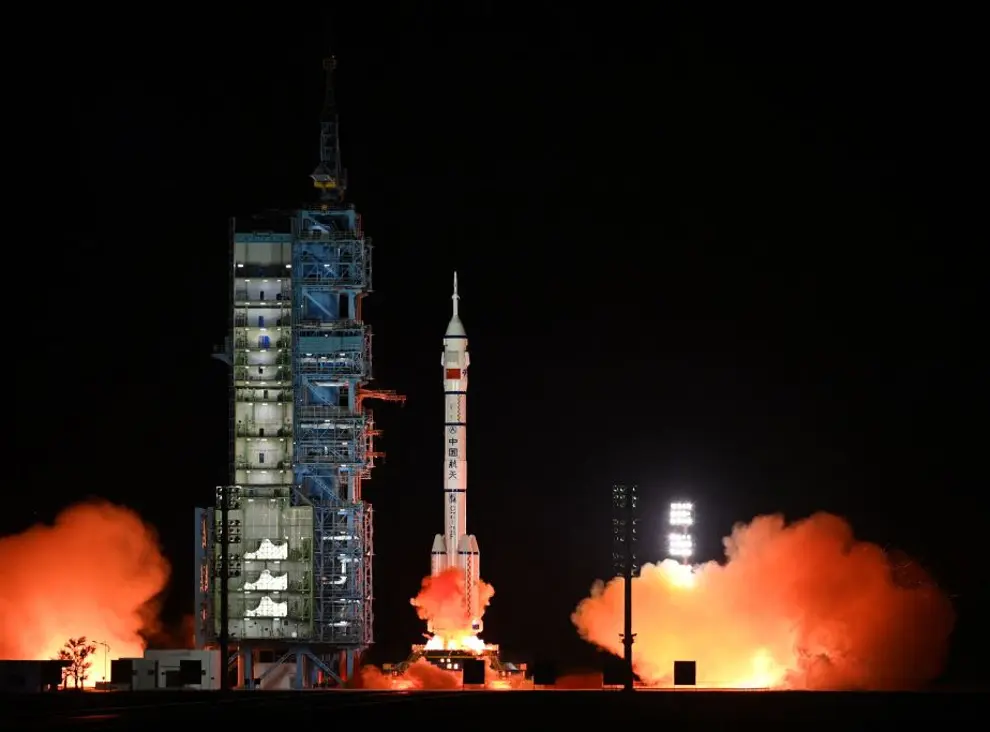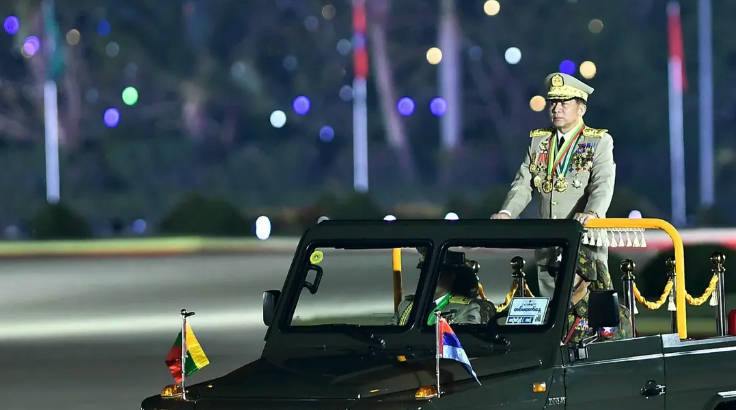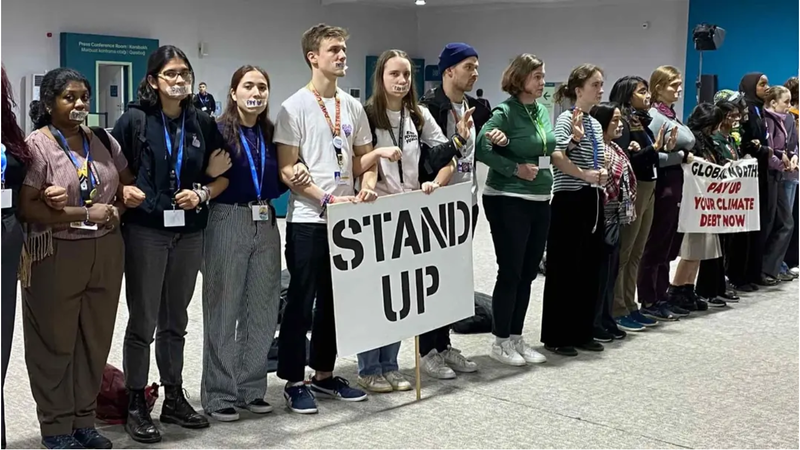Chinese Astronauts Return to Earth
On Sunday, three Chinese astronauts returned to Earth after six months aboard China’s new space station, the Tiangong, or "Heavenly Palace." China's space agency declared the mission a "complete success.”

Facts
- On Sunday, three Chinese astronauts returned to Earth after six months aboard China’s new space station, the Tiangong, or "Heavenly Palace." China's space agency declared the mission a "complete success.”
- Commander Chen Dong, and teammates Liu Yang and Cai Xuzhe, said they felt well after landing at the Dongfeng site in north China's Inner Mongolia Autonomous region. Their mission was to oversee the final construction of the space station, which they completed in November.
- Before leaving the space station, they overlapped for almost five days with three colleagues who arrived last Wednesday on the Shenzhou-15 mission for a six-month stay. It was the first time China had six astronauts in space at once.
- Chen exited the capsule first before saying he was “very fortunate” to have seen the completion of the space station during his time in space, adding, “Like meteors, we returned to the embrace of the motherland.”
- The three astronauts supervised five rendezvous and dockings with various spacecraft, including one carrying the third and final space module. In addition, they performed three spacewalks, beamed down a live science lecture from the station, and conducted a series of experiments.
- China has now completed its own space station 11 years after being excluded from the International Space Station because of US objections to the Chinese space program’s close ties to the military wing of the Communist Party.
Sources: BBC News, Reuters, Associated Press, ABC, CTV, and NPR Online News.
Narratives
- Pro-China narrative, as provided by Tech2. With the completion of Tiangong, Beijing's space program is now an equal player with the US, Russia, and Europe. In terms of scientific and commercial aspects, the addition of new players will only have a positive impact given that competition inevitably speeds up innovation. This a win for everyone.
- Anti-China narrative, as provided by The Hill. The more China prioritizes space, the more of a problem it becomes for US national security. Beijing's recent significant advances in space technology are alarming to the US and its allies because whoever leads in space sets the rules. Besides, China has teamed up with Russia for a slate of space missions and initiatives. This must be monitored.






